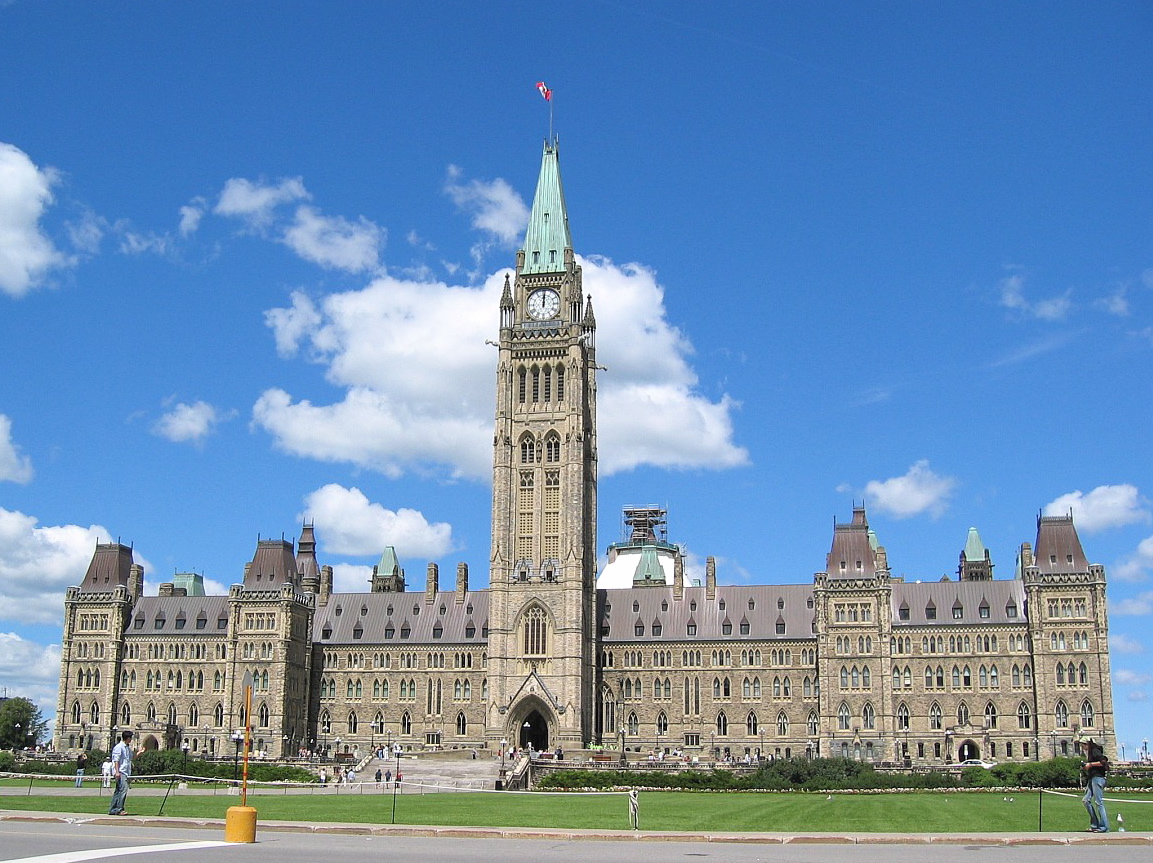Originally posted by Alinestra Covelia
View Post
In cases were certain people are clearly oppressed within a nation state the 'intl community'/UN might be pro-secession, but this usually is not acknowledged by the 'oppressor' running the nation because they can insist on their own national sovereignty and territorial integrity coming always first and that any such conflicts are internal affairs only. Which side is the legitimate one is usually object to lots of political meddling due to various interests...

 )
)



Comment